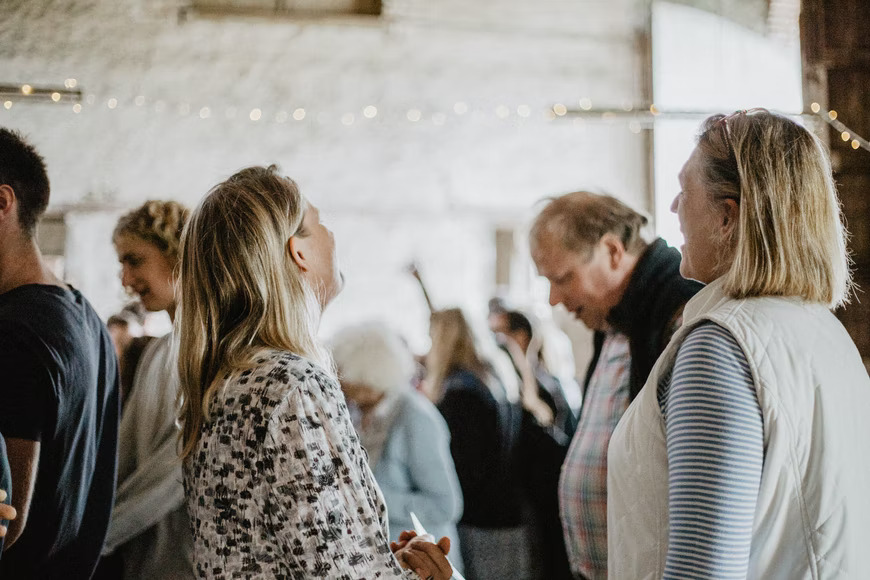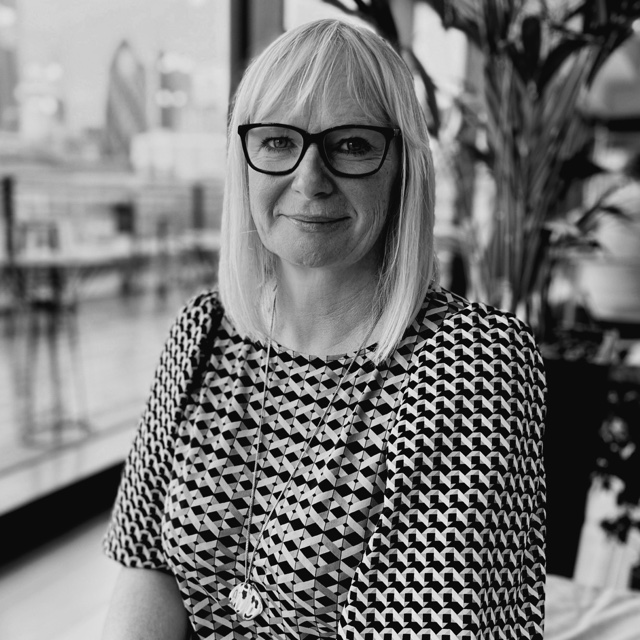By Luise Sargent
Self-care and self-love, what do these terms really mean?
As a degree qualified Counsellor and owner of TherapyPoint, I fully believe our self-worth, self-esteem and self-belief are the foundations that make us who we are. So, if the foundations are a bit rocky, whatever we subsequently build on top could be a bit wonky, cracked or even fall down.
Now, this doesn’t mean that if your formative years weren’t great then you have no chance of building a great future for yourself and your loved ones. But maybe you will need to look at some of the things that you have been carrying around, such as negative core beliefs or lack of self-love. We all have two voices in our heads, negative versus positive or, maybe, sensible versus reckless.

This is normal. We need balance to give us a good perspective. However, if your negative voice is a lot louder than your positive voice or your reckless voice more needy than your sensible voice, it can cause an imbalance in our cognitive behaviour. This in turn could prevent us from making good life choices. So, the ripples can go out and damage our relationships with loved ones, friends and work colleagues.
We often hear clients saying, “I always meet the wrong person” or “I’m always overlooked for promotion”. However, if we don’t go back to the basics and change our core beliefs, we will keep falling for the wrong person or missing out on that promotion.

“But I’ve always been like this so, how can I change?”
I hear this a lot from clients and, for the majority of us, we don’t need to fully change. We just need to improve our awareness and notice what we do, which in turn allows us to understand why we do it. How many times a day do you think you are mean to yourself?
We constantly beat ourselves up, whether we get in the wrong lane or forget something at the supermarket, drop something on the floor or arrive late. We can be horrible to ourselves but imagine if someone else did those things. Your friend forgets a bag of groceries at the shop, and you call them an idiot, or a friend drops their biscuit on the floor, would you call them ‘stupid’? I doubt you would. So why do we feel it’s ok to do it to ourselves?
If we think of our brains as a memory box, the memories we store are what we rely on when a situation arises. They work like a manual. For example, if we didn’t know how to change the clock on the cooker or make the washing machine work, we would refer to their manuals. This is exactly what our brains do when faced with a situation.

If you constantly say to yourself “I’m not good in social situations. I never know what to say”, the brain will refer to this as the manual for social situations, which will make you behave accordingly. This is what we call ‘self-fulfilling prophecy’. If you’ve always been told you can’t do something, as soon as you’re faced with that situation, your brain will tell you “Oh, no! We can’t do this!”.
So, if we look back at our formative years, where a parent might have called you clumsy or that you were always late or very messy, these become embedded in your manual formed from memories. Once we become adults, we can hopefully self-regulate some of those negative thoughts and recognise that we might not always be late, or we might not be that messy. But what happens if we can’t do that? What if these thoughts are so deep-rooted that we start believing in them, no matter whatever anyone else tells us?
This is where seeing a therapist can really help, because they are able to break down those barriers with you. This will help you recognise that you don’t need to hide behind those words.

Change the Script
Now, the great thing about our brain is that we can manipulate it to look at things from a slightly different perspective. For example, if we always have a negative view about a task, that is what will be written in our manual. Therefore, by changing the script from “This is going to take forever” or “I’m never going to finish this” to “If I start now, it won’t take too long” or “If I crack on with it now, I’ll finish it sooner than I thought” it will change our manual to believe we can do it.
Another example could be changing the word ‘need’ for ‘want’. Saying ‘I need to go to the gym’ can make us feel negative and pressured about going, whereas if we say, ‘I want to go to the gym’, it gives us back control of the situation.
Therefore, by simply changing our word choice, our whole mindset can change too. Very simple and easy to do, but we need to keep doing it. They say it takes up to 6 weeks to make or break a habit so, for anything to change, we have to consistently do it over a period of time.

Would we allow someone to tell us what to wear, what to eat or how to behave?
I hope not. Although, there are pieces of advice given to us, which we choose whether or not to take them. For example, some of us look at fashion magazines or food programmes on the TV, our parents, hopefully, have taught us how to behave respectfully and so on.
However, when someone is behaving badly towards us, why do we accept that behaviour? Why don’t we express that we don’t like that piece of advice, therefore we are not taking it?
We can only ever control our own emotions and behaviour, no one else’s. However, we often hear someone saying, “he’s driving me crazy” or “she upsets me so much”. We choose to allow someone else’s actions to determine our mood. Bullies, for example, pick on the people they feel they can manipulate so, by not reacting or accepting their behaviour, you can’t be manipulated! Once we start to realise we are in control of our emotions, our self-worth improves, and we start valuing ourselves. Start to believe in yourself and get rid of the negative people in your life.

Listening is the most important tool
My job as a Counsellor is to listen to my clients talking about how they are feeling, allowing them to sit with their emotions and gain strength from sharing their fears. Also, by owning what is theirs and getting rid of the guilt from other people’s expectations. This allows the client to really see what is important to them and be able to move forward in their lives.
Within the current climate, we are all being counsellors by listening to others talk about their worries and fears. Don’t worry if you don’t know what to say to your friend or if you might say the wrong thing. Sometimes listening is all you need to do. None of us have the answers and none of us can fix this, but listening is the most important tool we have. So, when a friend says that they are panicking about something, listen to them. Maybe ask them what it is they are worried about the most. It will be different for everyone but being heard is invaluable. Stay safe and listen.
Edited by Angela Azuar
About Luise Sargent

Luise Sargent is the founder of Therapy Point. She offers counselling for adults, adolescents and couples in Harley St, London W1 and also offers sessions online.
She is a degree qualified Counsellor and has been practicing for 8 years, working for a family charity and the NHS. She is fully self employed and has gone from having 5 clients a week to regularly 25 clients a week. She works on the premise that everyone has the ability to become the best version of themselves. She offers her clients a safe non-judgmental environment to allow them to grow as an individual and/or couple.


